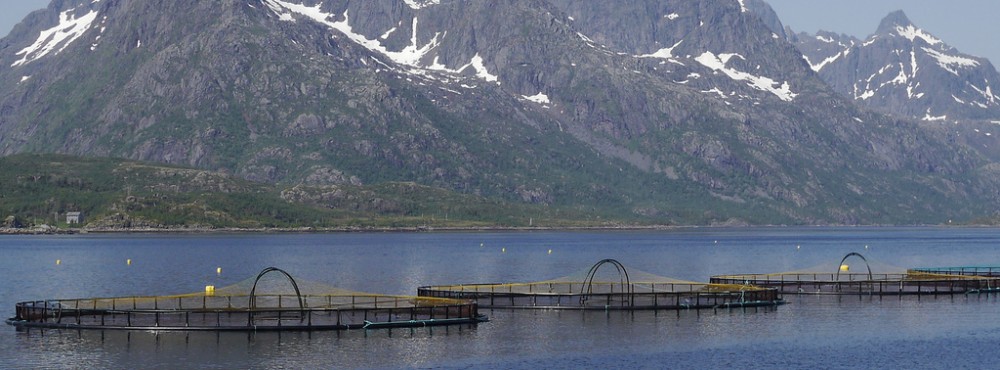CHILEAN SALMON FARMS
Chilean regulations are aimed at promoting the economic sustainability of salmon farms. Laws mandate a 3km distance between adjacent salmon farms and at least 400m separation between salmon and mussel or seaweed farms in order to prevent the effluents of adjacent farms from disrupting salmon performance (Buschmanna et al, 2009). This law is aimed at ensuring productivity is maintained for the economic benefit of the industry and Chilean workers on these farms yet it is not aimed at improving salmon welfare whatsoever.
Requirement for Assessing Chilean Salmon Farm State
The state of Chilean farms is assessed by measuring the benthic sediment for anoxia. The conditions of the water column, salmon behaviour, and physiological state are not taken into account. As previously discussed, the welfare state of salmon farms is not determined by analysis of a single physical component. Thus, salmon welfare is completely disregarded in Chilean law.
Lack of Law Enforcement in Chilean Salmon Farms
“Relaxed” Chilean regulation has facilitated the aquaculture industry to grow rapidly beyond the capacity for the industry to adapt to new technology and sustainable practices (Barton, 1997). Farmed salmon production in the 1980s was 70 tonnes while by 1995 it rose to 100,000 tonnes (Laws, 2000). Chilean salmon farms have been mass producing salmon by resorting to pumping antibiotics and vaccines into the system with the goal of preventing disease outbreaks (Barton, 1997). These unsustainable practices however have led to harmful prophylaxis side effects, disease-resistance, and therefore poorer welfare in salmon farms. For example, excessive prophylaxis administration has created oxytocin-resistant bacteria that are taking a toll on salmon lives (Miranda and Zemelman, 2002). The relaxed regulations have also encouraged corporate takeover of the industry, which was desired by the government to facilitate the expansion of the industry (Buschmanna et al, 2009). Ultimately this has put money into the pockets of average Chileans. Thus, Chilean regulations (or rather relaxed regulation enforcement) have promoted industry growth in order to ensure that Chilean economic progress continues but at an expense to salmon welfare.
